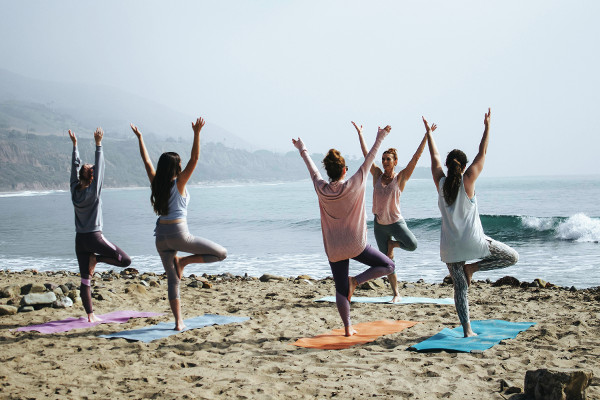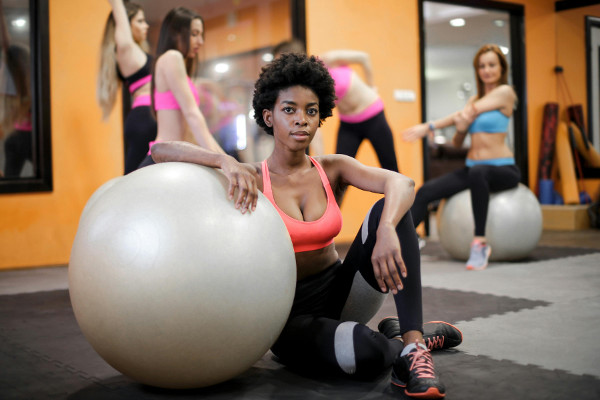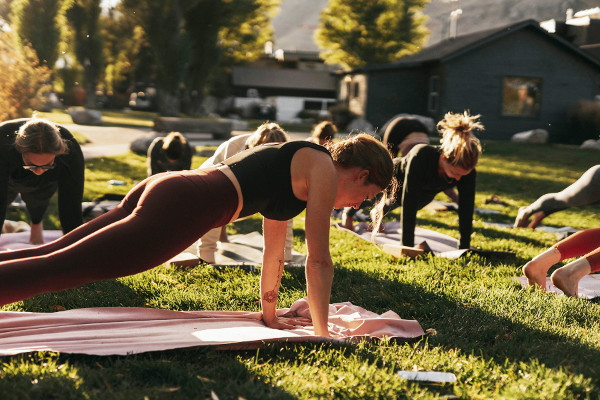How to Learn Practicing Tai Chi: Tips and Health Benefits for Body and the Soul
Tai Chi is a powerful yet gentle practice that offers profound benefits for both body and mind. Whether you're looking to improve balance, reduce stress, or enhance flexibility, Tai Chi has something for everyone. This guide covers key questions about how to get started, what to expect, and how this ancient art can improve your overall well-being. Whether you're a complete beginner or experienced practitioner, learning Tai Chi will help you find greater peace, focus, and vitality in your life.
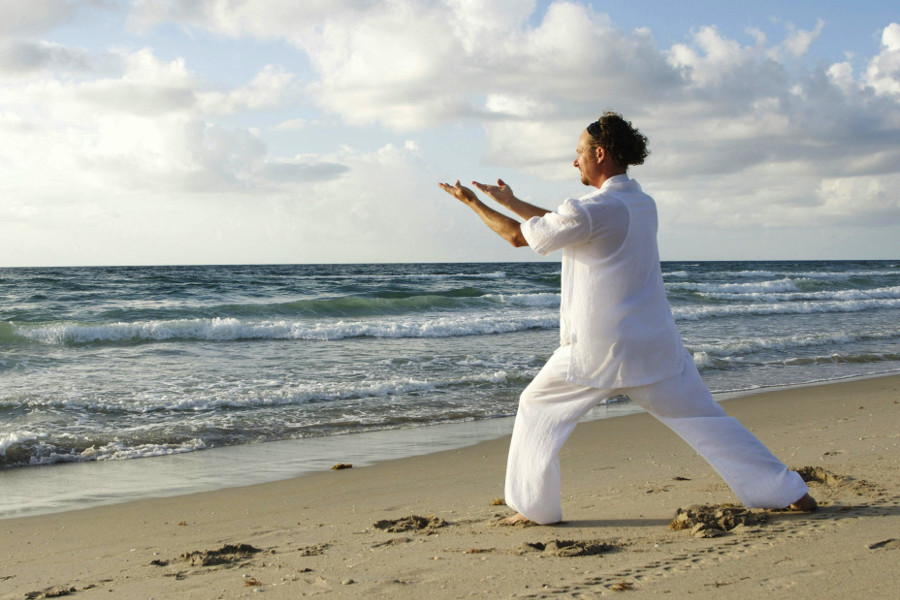
What is Tai Chi and how does it work?
Tai Chi is a practice that invites you to slow down, focus, and embrace the calmness of your mind and body through gentle, flowing movements. Rooted in ancient Chinese traditions, it’s often described as "meditation in motion." You move deliberately, paying attention to each posture, each breath, as energy – called "Qi" – flows through your body. It’s not about strength or speed, but about cultivating balance, flexibility, and harmony between body and mind. The beauty of Tai Chi lies in its simplicity: it’s a way of connecting your body to your breath and finding calm in the chaos. With time, it becomes more than just exercise; it becomes a path to inner peace and health.
What are the benefits of practicing Tai Chi?
Tai Chi is more than just a gentle workout; it’s a practice that nurtures both your body and mind. It strengthens your muscles, improves flexibility, and promotes better balance, all while being easy on your joints. Tai Chi is also fantastic for reducing stress. By focusing on slow, mindful movements and deep breathing, you can let go of mental clutter and find a sense of calm. It’s particularly beneficial for older adults, as it enhances coordination and helps prevent falls. With regular practice, Tai Chi can also improve cardiovascular health, relieve chronic pain (especially from arthritis), and enhance overall well-being. It’s a holistic approach to better health and serenity.
How do I get started with Tai Chi?
Getting started with Tai Chi is easier than you might think. Look for beginner classes, either in-person or online, to get a feel for the practice. Find a local instructor who can guide you through the fundamentals, like posture, breathing, and basic movements. Don't worry about mastering everything at once; Tai Chi is all about taking it slow and being patient with yourself. Wear comfortable clothing and flat shoes so you can move freely. Even if you're just starting with a few minutes of practice a day, consistency is key. Tai Chi isn't a race – it's a journey. Start simple, and allow yourself to grow into the practice over time.
Can Tai Chi help with stress and anxiety?
Tai Chi is an excellent antidote to stress and anxiety, offering a way to center yourself in a fast-paced world. It works by engaging both the body and the mind. The slow, deliberate movements help calm the nervous system and lower stress hormones. It encourages deep, mindful breathing that activates the parasympathetic nervous system, triggering the body’s natural relaxation response. As you focus on your breath and movement, your mind quiets, allowing you to release anxious thoughts. Over time, this practice fosters a sense of inner calm, helping you better handle life's challenges. It’s a gentle, yet powerful way to manage stress and restore emotional balance.
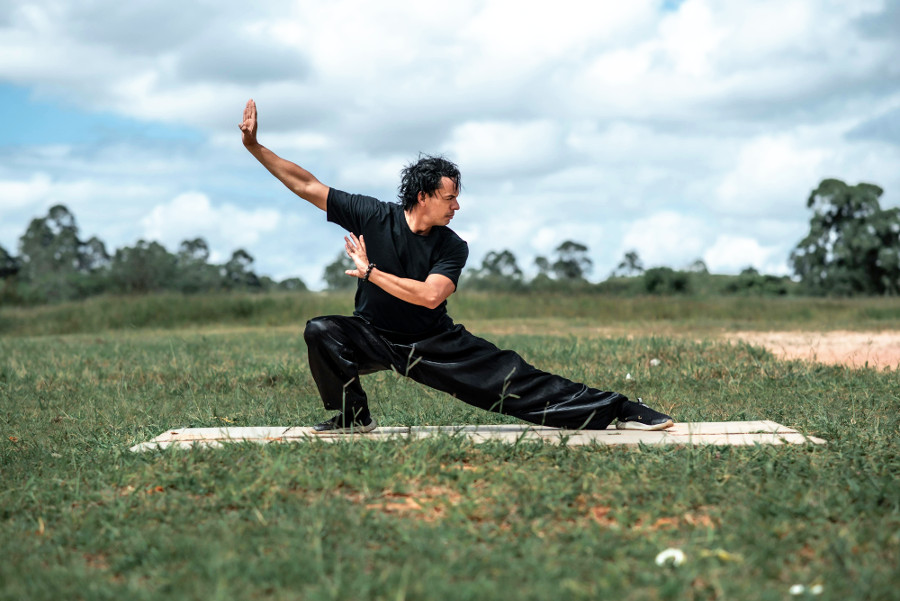
Is Tai Chi a good workout for seniors?
Tai Chi is a fantastic workout for seniors. It’s low-impact, meaning it’s easy on the joints, and it focuses on building strength, flexibility, and balance – areas that become more important with age. Regular practice helps prevent falls by improving coordination and posture. It also promotes joint mobility, which is especially beneficial for those dealing with arthritis or stiffness. Tai Chi isn’t just a physical workout; it’s also great for mental clarity, helping seniors stay sharp and reduce anxiety. With its calming effects, it promotes emotional well-being and helps seniors cope with the stresses of aging. It’s a whole-body workout for the body and mind.
How long does it take to learn Tai Chi?
Learning Tai Chi is not a race, but a gradual, rewarding process. You can expect to see some improvements in flexibility, balance, and mindfulness within a few weeks of practice. However, mastering the full form of Tai Chi can take several months or even years. The movements may seem simple at first, but they require patience and attention to detail. Everyone’s learning pace is different, and that’s perfectly fine. The key is consistency. With time and dedication, you’ll notice not just physical changes, but an increasing sense of inner peace and balance in your life. Tai Chi is a lifelong journey of growth and self-discovery.
What are the different styles of Tai Chi?
There are a few different styles of Tai Chi, each with its own focus and unique qualities. The Chen style is the oldest and most martial, incorporating both slow and fast movements with bursts of explosive energy. Yang style, the most popular, is known for its large, graceful, slow movements and its focus on relaxation. The Wu style is more compact and places emphasis on soft, small movements, while Sun style is a newer style that blends Tai Chi with other Chinese martial arts, focusing on agility and lively movements. Each style offers a unique approach to movement and can suit different personal preferences and needs.
Can Tai Chi help with balance and flexibility?
Yes, Tai Chi is a brilliant practice for improving both balance and flexibility. The flowing, circular movements encourage you to stay centered and control your body’s movements, enhancing your balance. By shifting your weight from one foot to another and engaging in weight-bearing postures, you strengthen the muscles that support your body’s stability. The slow stretches and mindful movements also enhance joint flexibility, particularly in the hips, knees, and spine. This is especially helpful for anyone looking to prevent falls or ease stiffness. With time, Tai Chi will improve your physical coordination and flexibility, helping you move with greater ease in your daily life.
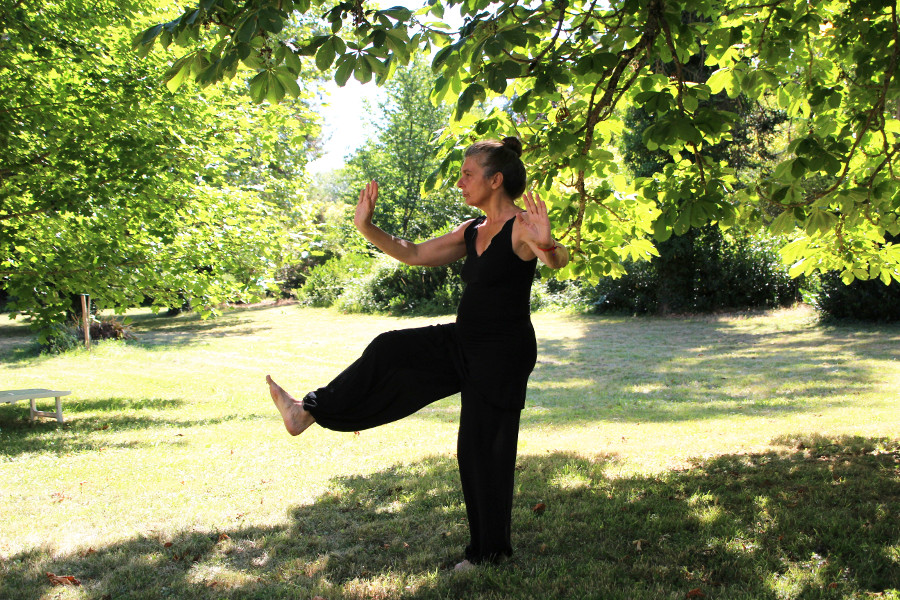
How often should I practice Tai Chi?
For the best results, try to practice Tai Chi at least three times a week. Regular practice helps you build the muscle memory needed to perform the movements fluidly and refine your technique. If you’re new to Tai Chi, start with shorter sessions – around 20 to 30 minutes – and gradually increase the time as you become more comfortable. Even if you’re just practicing for 10 minutes a day, consistency is more important than duration. It’s not about pushing yourself to perfection; it’s about showing up regularly and allowing yourself to improve over time. Tai Chi is as much about the process as it is about the outcome.
Does Tai Chi improve mental focus and clarity?
Absolutely. Tai Chi is a practice that requires mental focus and full engagement with the present moment. The slow, deliberate movements guide you to tune in to your body’s sensations and stay mindful of each shift in posture. This helps quiet the noise in your mind and sharpen your mental clarity. By focusing on the breath and the flow of energy, you gradually release distractions and become more grounded in the present. Over time, this improved concentration will carry over into your daily life, making it easier to stay focused and clear-headed, even when life gets busy or stressful.
How do I find a Tai Chi class near me?
Finding a Tai Chi class near you is easier than you might think. Start by checking community centers, gyms, or wellness studios in your area, as many offer beginner classes. You can also search online for local Tai Chi instructors or classes, many of which will have websites or social media profiles. If you prefer something more informal, look for Tai Chi meet-ups or group practice sessions in local parks or online communities. Don't forget to ask around at local health food stores, yoga studios, or even senior centers, as Tai Chi is popular in many wellness circles. You’re bound to find a class that suits your schedule and learning style.
Can Tai Chi be practiced indoors or outdoors?
Tai Chi is incredibly versatile and can be practiced both indoors and outdoors. If you’re practicing indoors, all you need is a quiet space with enough room to move freely. Whether it's a living room or a studio, the key is to maintain focus and avoid distractions. Outdoors, Tai Chi takes on an added dimension of peace and connection with nature. Practicing in a park or garden can help you feel more grounded and in tune with your surroundings. Both environments offer their own benefits, so whether you're inside or outside, Tai Chi can help you cultivate balance, mindfulness, and calm wherever you are.
Here are a few useful resources for further reading:
Enjoy your adventure in Tai Chi.

